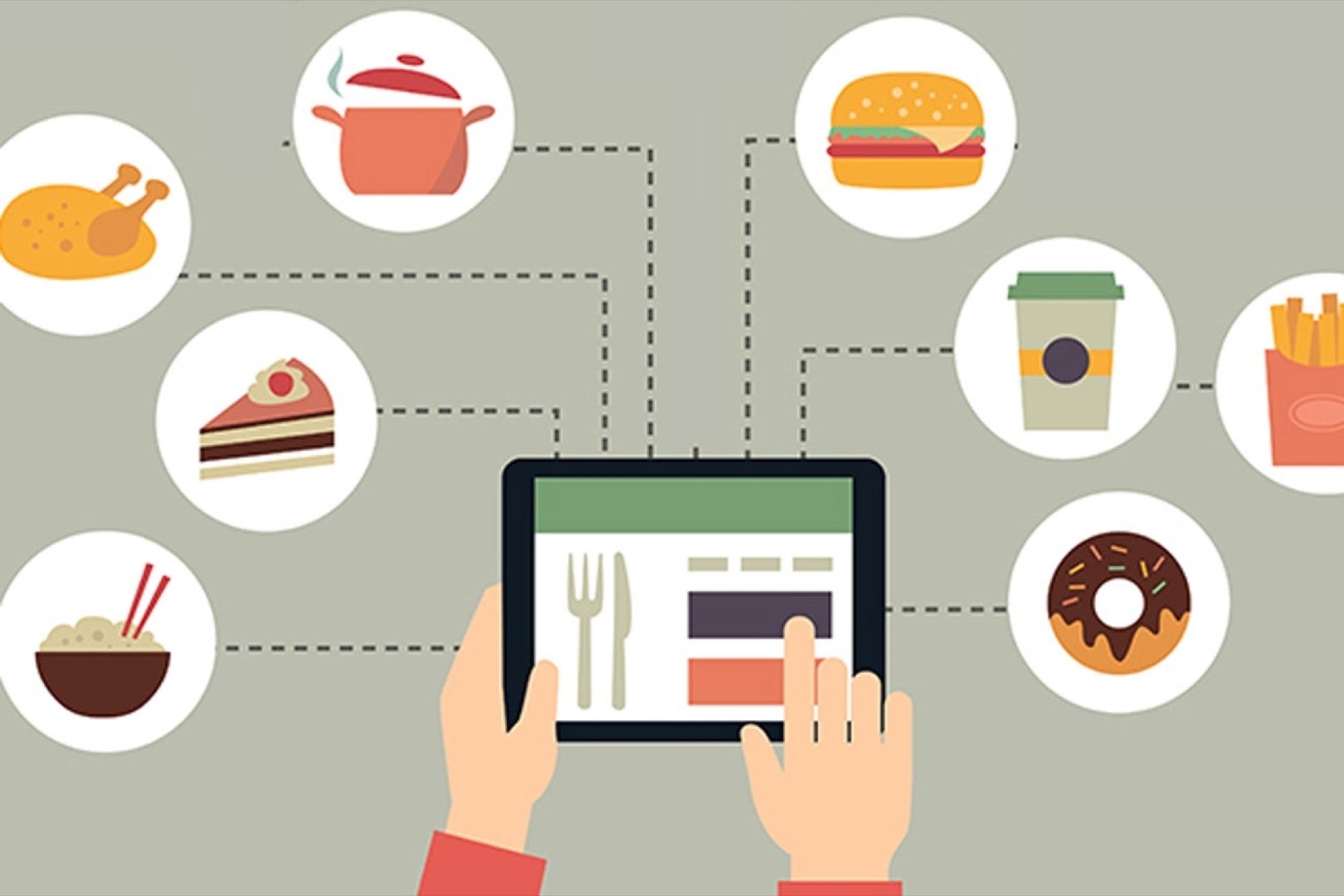6 Things to Remember When Starting a Food Delivery Business in India If you happen to be considering delving into a food delivery business in India here are the things that you need to remember
Opinions expressed by Entrepreneur contributors are their own.
You're reading Entrepreneur India, an international franchise of Entrepreneur Media.

The online food delivery market in India is estimated to be a 7 Billion USD market with about 170 Million users and an annual growth rate of 10.5%. For perspective, the market in China stands at about 32 Billion USD. What this simply means is that given the increase we are seeing in the online food ordering culture across cities big and small, there is a tremendous scope of growth for several businesses and brands in this segment. While leading players in the scenery may seem like established monopolies/duopolies, it is fair to say that such advantages may be looked upon as momentary, given the scope of growth in this segment for India.
But it also stands to fact that the mortality rate of food delivery businesses is off the charts. Several small and big players fold and leave the scene. In the last couple of years itself, we have seen a roller coaster of successes and failures in this market. If you happen to be considering delving into a food delivery business in India (specifically cooking and selling prepared meals online), here are six things that you need to remember:
CORE CONCEPT - To stand the test of time and taste success (pun intended), it is imperative that your offering stands out amongst the umpteen brands selling food online. As such, best to think through what makes your brand special. Are you selling a specific type of food (e.g. healthy food, vegan food, snacks), or do you want to be a multi-cuisine player? What are the mealtimes that your food can be served at (All day, breakfast, snack time, etc.)? Who is your target customer group? (Millennials, corporate employees, tourists/travellers to the city etc.)
OPERATIONS & SCALING - Remember that food businesses are always ops intensive (because, unlike software, you can't download food). There will always be real people, real geographies, and real food involved. What this means is that achieving scale is far more complex than say, in a tech startup. And you need to think through the best way to reach scale. Also, evaluate your core concept from the perspective of ease of scale. Can you narrow down your concept to ensure easier scalability? If you were thinking multi-cuisine, perhaps taking up a specific type of food may ease your ops?
PRICING RIGHT – You will need to price your product right. The challenge here is simply to identify the optimum pricing for your product to maximize customer value while making sure that you have considered all your expenses as cost. Remember, delivery of food whether on your own or through existent aggregators, comes at an additional cost. Most often, in the current market, this cost takes up about one-quarter of the revenues in the current market. What is a good price point to sell your food at? Can you manage your food cost to be under 25 or 30% of the revenue and yet provide great value to your customers?
STAFFING - Sourcing, training, and retention of your staff is key to ensuring that your ops run uninterrupted so as to serve your customers. Given the highly un-organized nature of the "blue-collar" market, staffing remains the toughest problem to solve yet, in the f&b business in India. From finding the right chefs to line-cooks to help-staff to training them in line with your product/ops, and to retain them with your brand given the usually high attrition levels, can be the most demanding task in all. Seek help if you need to on this front. From other restaurateurs, from reliable consultants, etc.
MARKETING & BRANDING – Remember that if you are an online food brand, your customer's experience is marked by one, the quality and taste of the food you serve; and two, how your food is presented upon delivery (packaging, etc.). Additionally, your brand identity in the real world matters much as well. Do not. I repeat, do not try and DIY your marketing and branding. Consult experts to do that. Choose them wisely though.
NETWORK – Find a community of food entrepreneurs near you. Join relevant groups on social networks. Jump into the conversation. Learn and share knowledge, perspectives. Find a mentor. Be curious.










